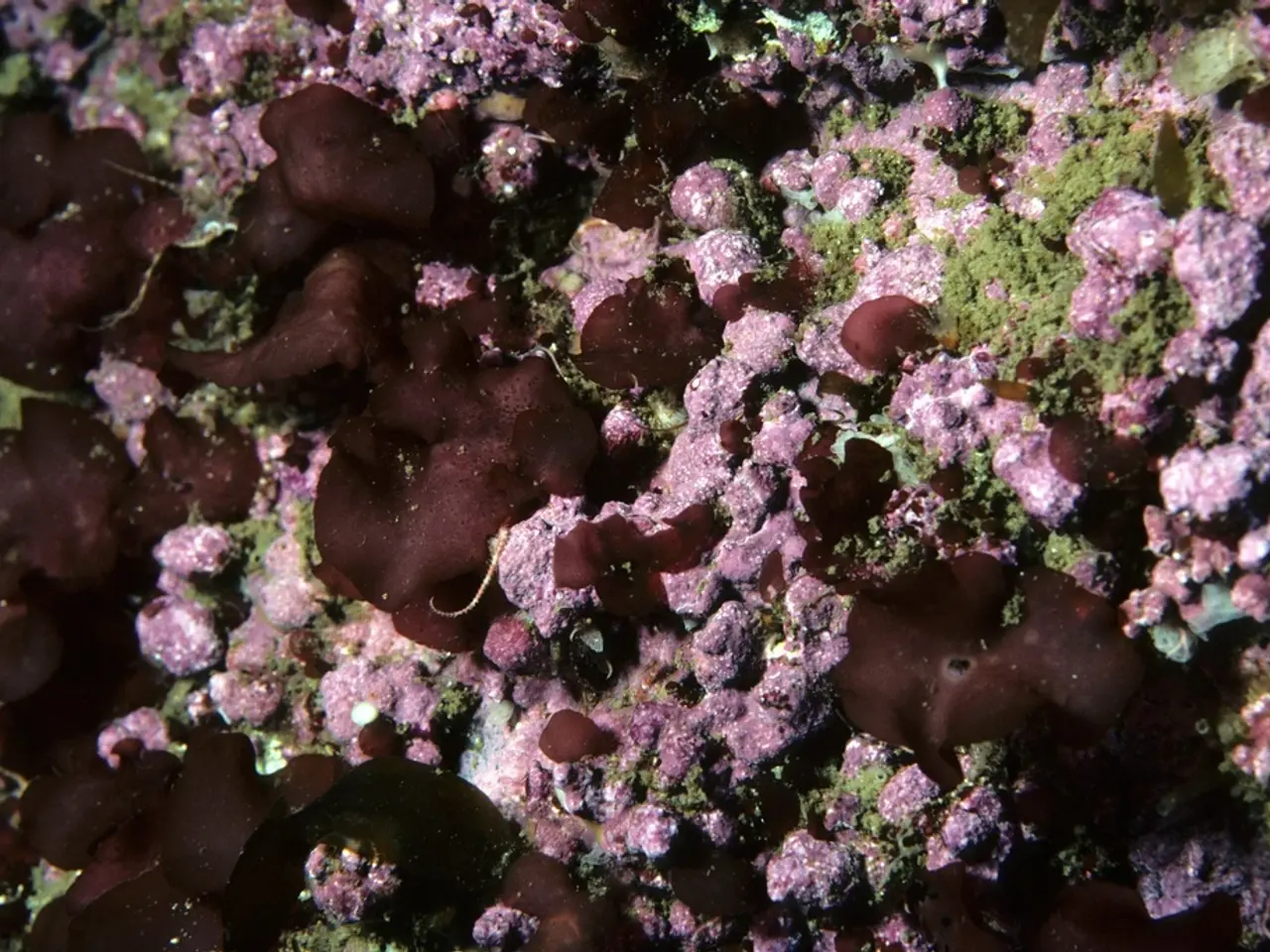Chemistry Awards of 2024: Fair4Chem Edition
## Microplastic Research Projects: The microplastiX Project and Data Management
In the realm of microplastic research, data sets play a crucial role in advancing our understanding of this environmental issue. One such project, the microplastiX project, focuses on investigating the effects of microplastics in marine ecosystems.
Robin Lenz, a key figure in the project, advocates for the FAIR (Findable, Accessible, Interoperable, Reusable) Data principle, which he believes offers several advantages, including altruism, future data accessibility, and ease of data management.
The project, which involves data collections from several institutes, necessitated harmonization for comprehensibility. Lenz chose GitHub as the repository for the project, due to his frequent use of Python for data visualization and formatting. To streamline the process further, Lenz is currently exploring a method to query data from the chemical repository instead of storing it in the code.
Lenz also prefers to keep data and code separate in future projects, with data in a chemical repository and code in a GitHub repository. If a project were significantly larger, with more CSV files or large measurement data, it would no longer be sensible to store in a code repository.
In the past, Lenz worked on a project that did not start FAIR, resulting in confusing versions of Excel files and Word documents. To avoid such complications, the microplastiX project team uses an electronic lab notebook (ELN), specifically LabArchives, and has a centralized raw data drive with defined storage locations.
The team's commitment to FAIR principles was recognised when they won the FAIR4Chem award. Lenz, who was surprised upon receiving the email, later deposited the purely chemical data on RADAR4Chem, citing its independence from code for the chemical community.
The decision on whether to create a Data Management Plan (DMP) is made on a project-specific basis. In the microplastiX project, Lenz found it practical to make the data, app, and visualization publicly available after the project, requiring minimal additional effort. Zenodo was used to version the code repository in the current project.
The microplastiX project underscores the importance of data management in microplastic research. By adhering to FAIR principles and maintaining a clear separation between data and code, researchers can ensure the integrity, accessibility, and reusability of their data, contributing significantly to the advancement of knowledge in this field.
Science and technology intertwine in the microplastiX project as Robin Lenz, a key researcher, utilizes technology for data visualization and management through GitHub, aiming to streamline the process and promote FAIR (Findable, Accessible, Interoperable, Reusable) data principles. The project, in the realm of health-and-wellness (marine ecosystems) and fitness-and-exercise (microplastic research), also harnesses data-and-cloud-computing solutions like LabArchives and Zenodo, demonstrating the leveraging of modern technology for better data handling and storage.








